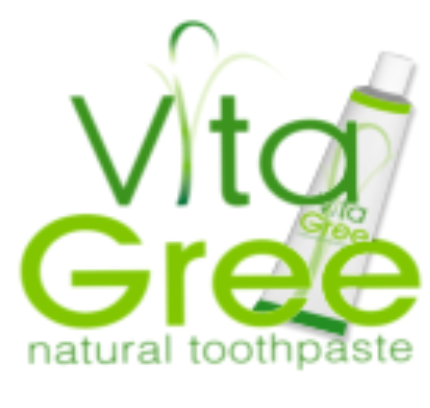Holistic Dentistry
As people become increasingly concerned about medical techniques and learn more about alternative health procedures, a new field of dentistry has popped up. Known as holistic dentistry, this type of dentistry combines dental knowledge with procedures from a variety of medical systems that are designed to improve a person's oral health. Rather than focus on one area of a person's body, holistic dentistry is concerned with the patient's overall health. Therefore, instead of focusing solely on a patient's teeth, holistic dentists are concerned about the relationship between a person's mouth and the rest of their body.
Also known as alternative dentistry or biological dentistry, holistic dentistry promotes a preventative approach to dentistry. Rather than dealing with dental concerns as they pop up, holistic dentists use techniques that are designed to avert common dental problems like tooth decay, tooth disease, and tooth loss. Spurning the traditional dental goal of creating aesthetically pleasing quick fixes to dental problems, holistic dentistry is concerned about the effect of the mouth to the overall balance and harmony of the patient's body. Believing that an imbalance in any part of a person's body can lead to health problems in other parts of the body, holistic dentists are concerned with fully correcting any dental problem so that this health problem will not spread to other parts of the body.
The differences between holistic dentistry and traditional dentistry can be seen in their approaches to orthodontic dentistry. Orthodontic dentistry is a dental specialization that deals with problems of tooth alignment and bite problems. In traditional dentistry, the goal is to straighten out any teeth to create a visibly attractive and seemingly healthy set of teeth. However, holistic dentists feel that this view of orthodontic dentistry is not enough and can lead to further health problems. Rather than just limiting orthodontic treatment to teeth straightening, holistic dentists will use a practice known as orthopedic orthodontics in which they will ensure that the muscles of the patient's face and the patient's head and neck are properly aligned. By engaging in this practice, holistic dentists are not simply limited themselves to treating an oral condition but are creating preventative solutions to problems that may affect the patient's jaw, head, neck, and spine.
Additionally, holistic dentistry strongly promotes alternative dental treatments from potentially toxic dental treatments that are used in traditional dentistry. An example of this is the issue of anesthesia that is used in dentistry. Anesthesia is a vital component to many dental procedures and is designed to help the patient feel as little discomfort during extensive dental work. Whereas, traditional dentistry uses strong forms of anesthesia, holistic dentistry attempts to utilize as many natural forms of anesthesia as they can. One popular method of anesthesia that is used in holistic dentistry is acupuncture anesthesia. In this method, tiny acupuncture needles are placed at various points of a patient's body prior to and during the dental procedure. This approach to anesthesia utilizes the patient's body's natural electrical system that produces the same effects as conventional anesthesia. This approach to using alternative, safer dental methods is also evident in holistic dentist's attempts to minimize the use of mercury during dental treatment. Many holistic dentists feel that the convenient and diverse use of mercury is offset by its negative long-term effect on a person's nervous system and immune system.
For an overview of holistic dentistry, it is important to view many of the beliefs held by holistic dentists. Holistic dentists:
- Believe that proper nutrition and healthy eating habits, which includes the avoidance of certain foods, is essential to oral health.
- Caution against root canal treatment due to the belief that the bacteria that are trapped within the treated tooth can create further health problems by migrating to other area's of the patient's body, including vital organs.
- Conduct biocompatibility tests to determine which restorative material is best suited to the needs of the individual patient.
- Renounce the use of any unnatural and potentially toxic dental devices and treatments, which includes mercury fillings and fluoride treatment.
- Study the balance and relationship between a patient's mouth and the rest of their body.



